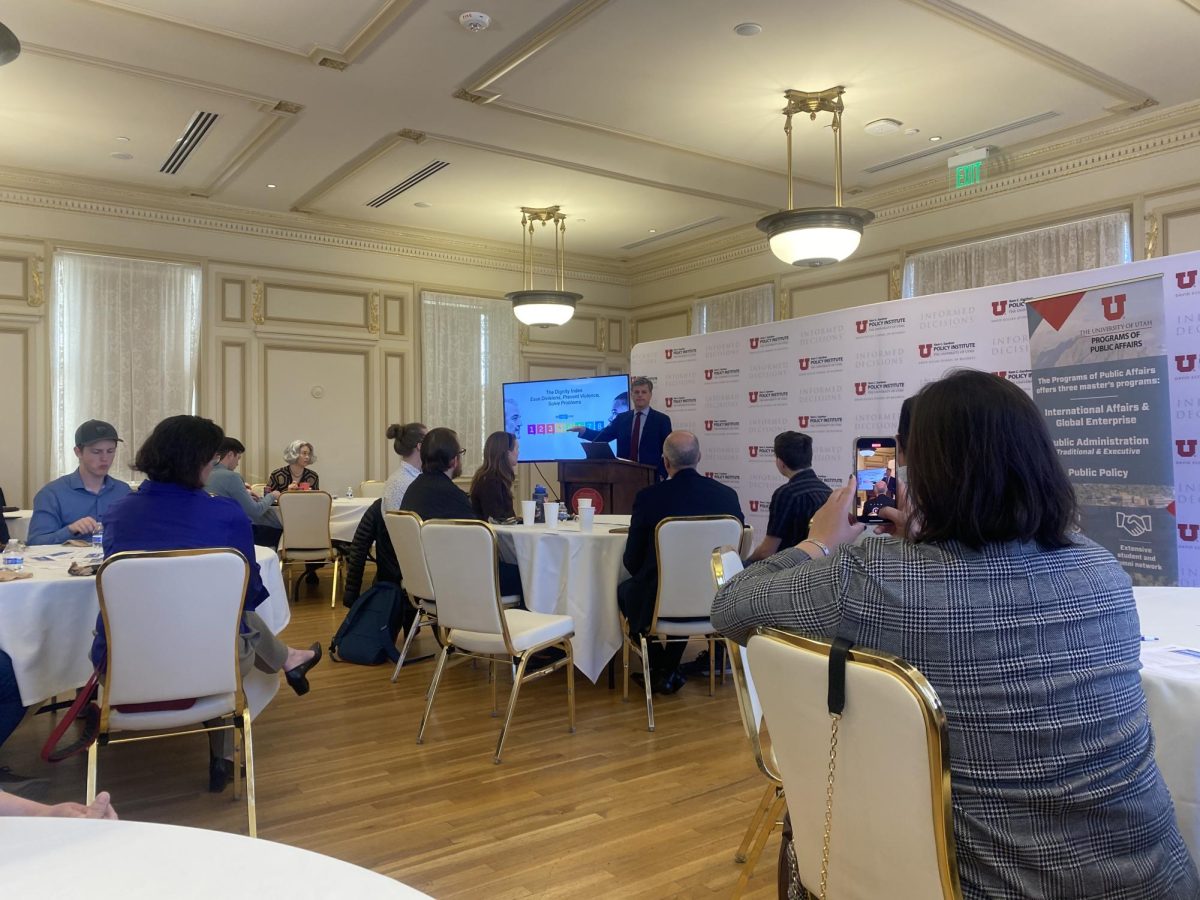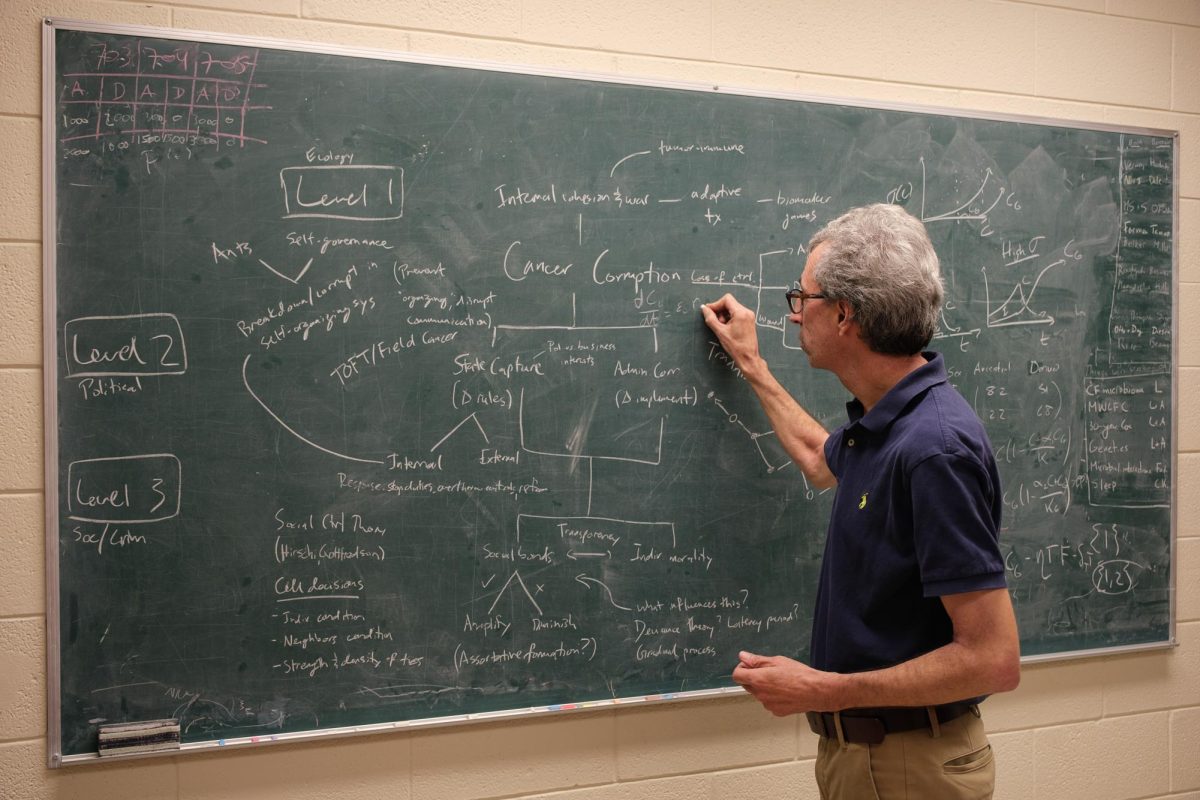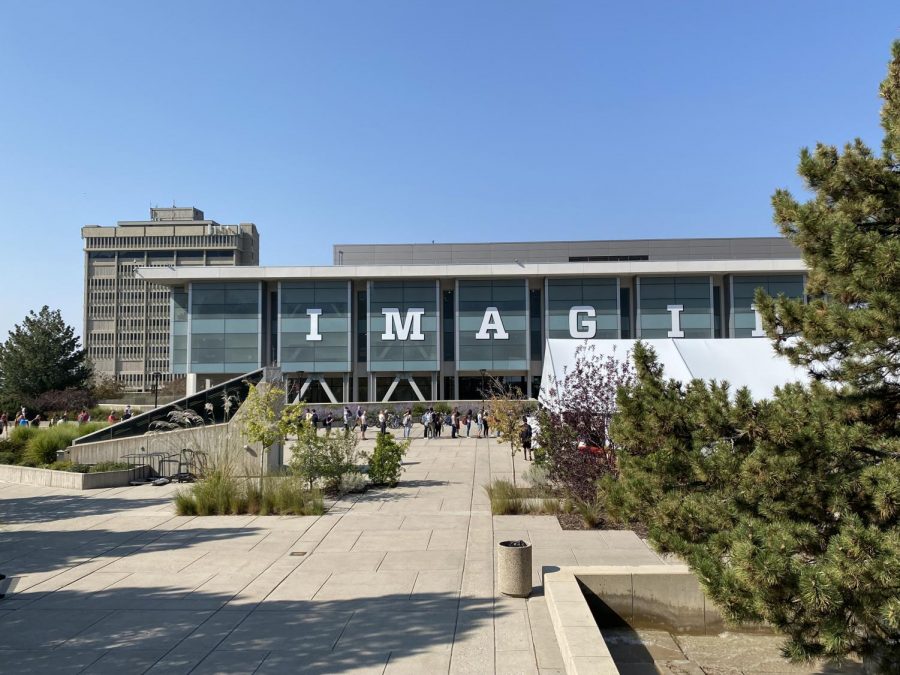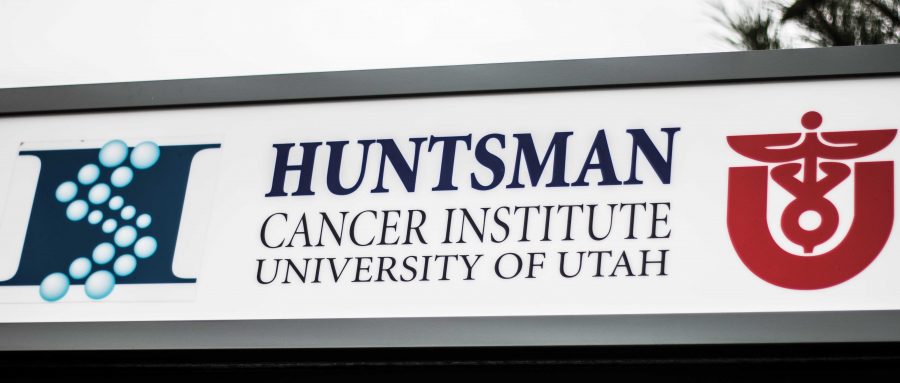Researchers at the Huntsman Cancer Institute at the University of Utah were awarded a prestigious award to further research genetics.
This science grant, awarded through the National Cancer Institute’s Cancer Moonshot Initiative, will allow researchers to study genetic counseling, genetic communication and genetic services with patients. The HCI research team, of more than 20 scientists, is teaming up with New York University for the study. Within the next five years, $5 million will be allotted for the research project.
Genetic testing, also known as DNA testing, helps to identify changes in chromosomes, proteins or genes. This can help determine a patient’s chance of developing or passing down a genetic disorder.
Kimberly Kaphingst, ScD, Huntsman Cancer Institute researcher and professor of communications at the U, explained the role that genetic testing has in cancer. “An important part of this study will be to provide information about genetic testing and its role in informing an individual’s risk of cancer,” she said. “This systematic approach of identifying people from primary care will significantly increase the number of people needing these services. This study will compare different approaches for providing information about genetic testing to determine the effectiveness of these approaches in helping people make informed choices about genetic testing and management of cancer risk and also to determine how to deliver this information most efficiently.”
One of the main goals of the study is to find the best way to reach patients who struggle in gaining access to genetic services.
“It is important to identify ways to reach individuals who may be at increased risk of cancer with genetic services so that they can learn more about their risks of cancer and take recommended steps to reduce their risk,” Kaphingst said.
In part of the clinical trial, the team will test an electronic health record to identify the patients who may identify their cancer risks through genetic testing. The study consists of two healthcare systems with 48 primary care clinics and compares two models of ways to deliver genetic testing to 1,900 patients through a randomized trial design.
Through one of the models, the scientists conducting the study will find patients who meet the criteria to participate through an electronic health record. Patients will then be notified they’re eligible for an appointment with a genetic counselor.
The second model will provide educational resources on genetic counseling in the patient portal online and patients will gain access to it and take the initiative to move forward with it or not.
A patient is eligible to become a recipient of this future treatment based on their family history. “We will identify potential participants in the study based on family history information that is already in their electronic health record,” Kaphingst said. “Potential participants will be those who may benefit from genetic counseling to learn more about their risks of cancer. Currently, people are identified as candidates for genetic counseling and testing based on family history criteria such as having multiple relatives with certain types of cancer on the same side of the family or relatives diagnosed with cancer at younger than average ages or with multiple primary cancers.”
If the research and studies are successful, they could be a model implemented in Utah and across the country. “It is important to identify ways to reach individuals who may be at increased risk of cancer with genetic services so that they can learn more about their risks of cancer and take recommended steps to reduce their risk,” Kaphingst said. “For those with a family history of cancer, genetic counseling and testing can be an important way to learn more about their risks of cancer.”

















